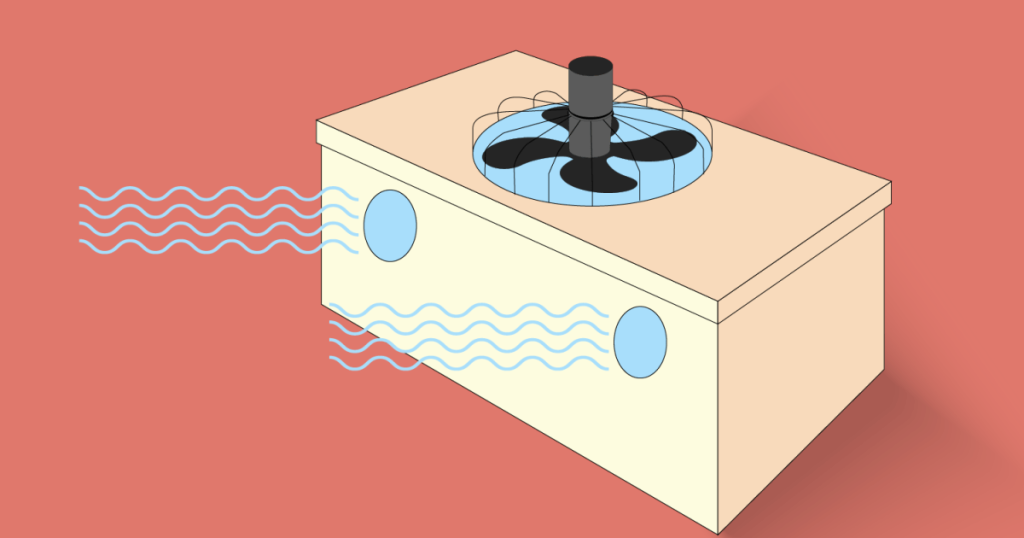Summarize this content to 2000 words in 6 paragraphs Heatstroke is a severe medical condition that occurs when a human body’s internal temperature exceeds 40C (104F). Here are some tips to help minimise its risk.As summer temperatures soar in various regions across the globe, with some even shattering all-time heatwave records, staying cool becomes crucial.
Fortunately, there are effective methods to beat the heat, whether you have access to air conditioning or not.
One of the biggest health concerns with hot weather is the risk of heat-related illnesses, particularly heat exhaustion and heatstroke.
Heatstroke, also known as sunstroke, is a severe medical condition that occurs when the human body’s internal temperature exceeds 40 degrees Celsius (104 degrees Fahrenheit). If not treated immediately, heatstroke can lead to organ failure and brain damage, and can even be life-threatening.
How to avoid heatstroke
Here are 10 tips to help minimise the risk of heatstroke:
Drink plenty of water
Wear sunblock
Stay away from direct exposure, especially in the afternoons
Avoid exercise in the hottest part of the day
Wear cotton and loose clothing
Never leave anyone in a parked car
Ventilate and cool your living space
Take cool showers
Eat lightly
Take precautions with medications
How to treat someone with heatstroke
If you or another person is experiencing heatstroke symptoms, such as rapid heartbeat, rapid breathing, high body temperature, dehydration or nausea, here are a few steps to bring down your body temperature while waiting for emergency medical aid.
Get out of direct exposure
Lie down and elevate your feet
Take off tight clothing
Use a fan or air conditioner to lower body temperature
Apply cold compress
Drink lots of fluids and hydrate
Follow these steps until professional help reaches the patient.
How hot can the inside of a car get?
A car left out in the sun on a 32C (90F) day for more than an hour can reach temperatures of nearly double that.
The top half of a car’s passenger compartment is mostly glass, which lets sunlight in freely. The seats and dashboard absorb the light, turning into heat trapped inside because it can’t easily escape through the glass. As a result, a parked car is much hotter than the surrounding air.
It can be fatal to leave children or pets in a parked car. Some items such as lighters, carbonated drinks, canned sprays and power banks can also explode if left in a hot vehicle.
How to protect your air conditioner
Air conditioners are the best way to keep yourself safe from heat and humidity.
Unfortunately, they are also most likely to malfunction during heatwaves.
Here are some ways to protect your AC from untimely breakdowns:
Don’t set the thermostat too low
Keep the air filters clean
Give it a break
Don’t keep turning it on and off
Keep the outer unit in the shade
How to build a homemade air cooler
In case you don’t own an air conditioner, or are trying to save on energy costs, here are some steps you can follow to build your own DIY cooler out of a styrofoam cooler, ice and a fan.
How to keep your house cool
Another energy-efficient way to keep your house cool is to utilise the flow of the natural breeze. You can do this by opening and closing certain windows and doors to direct the air where you need it the most.


